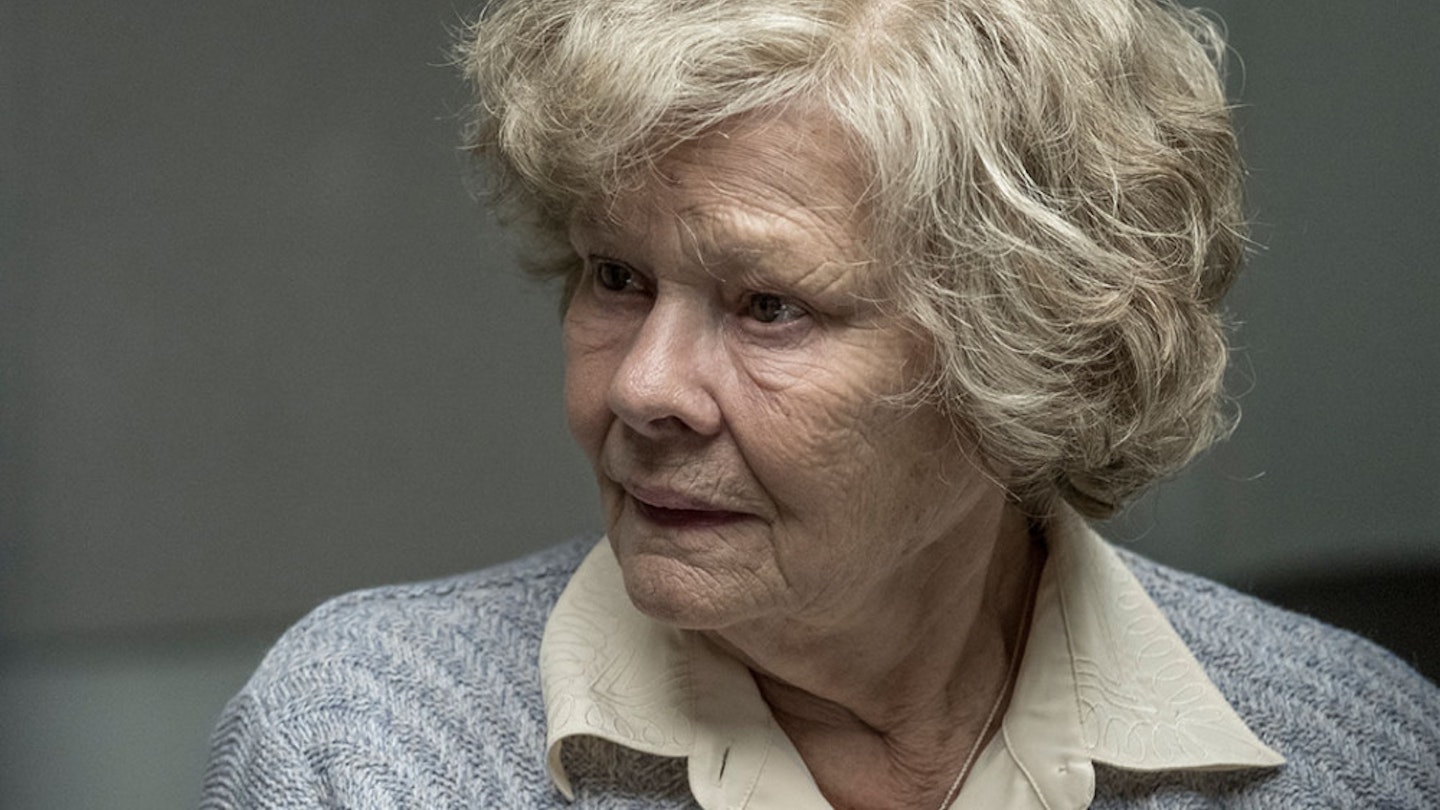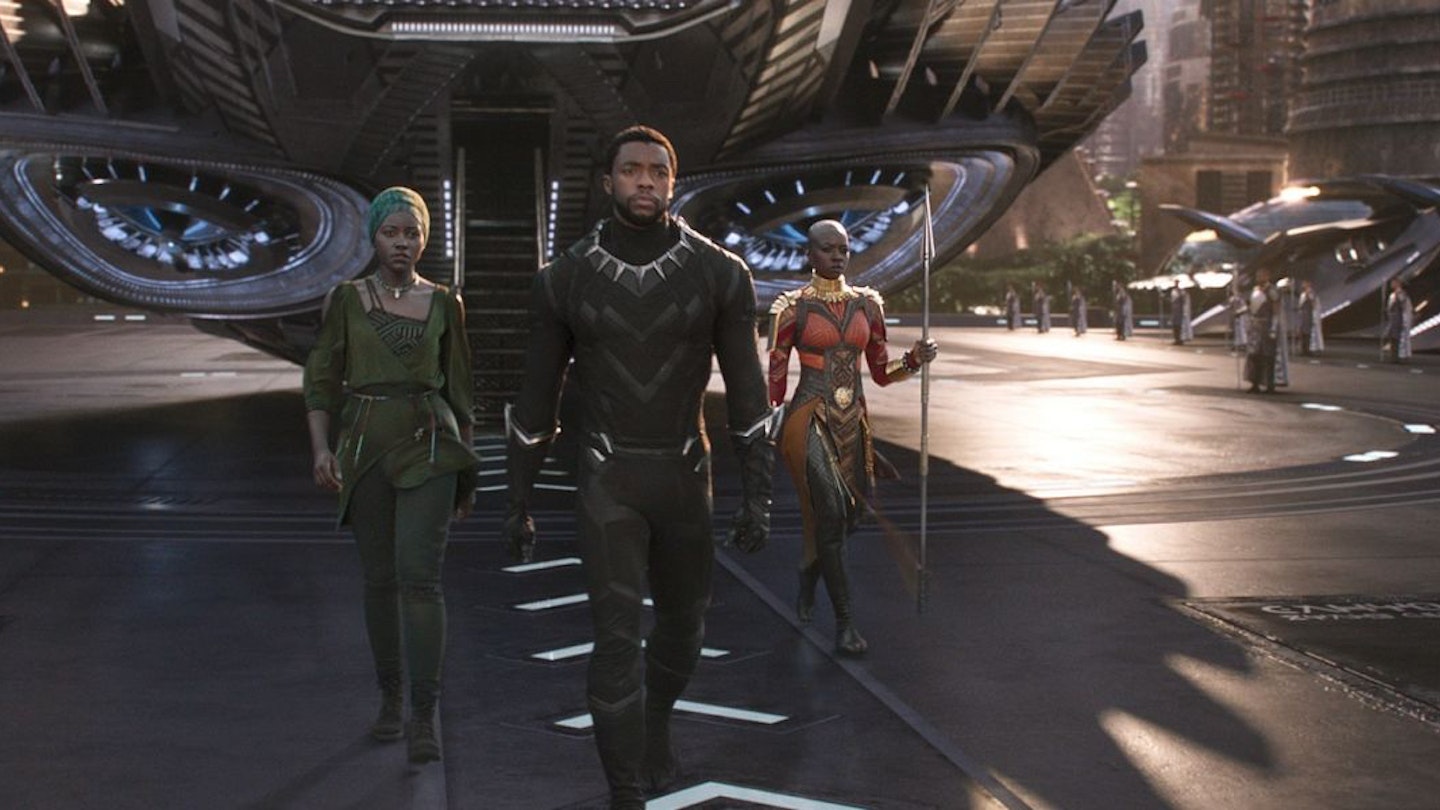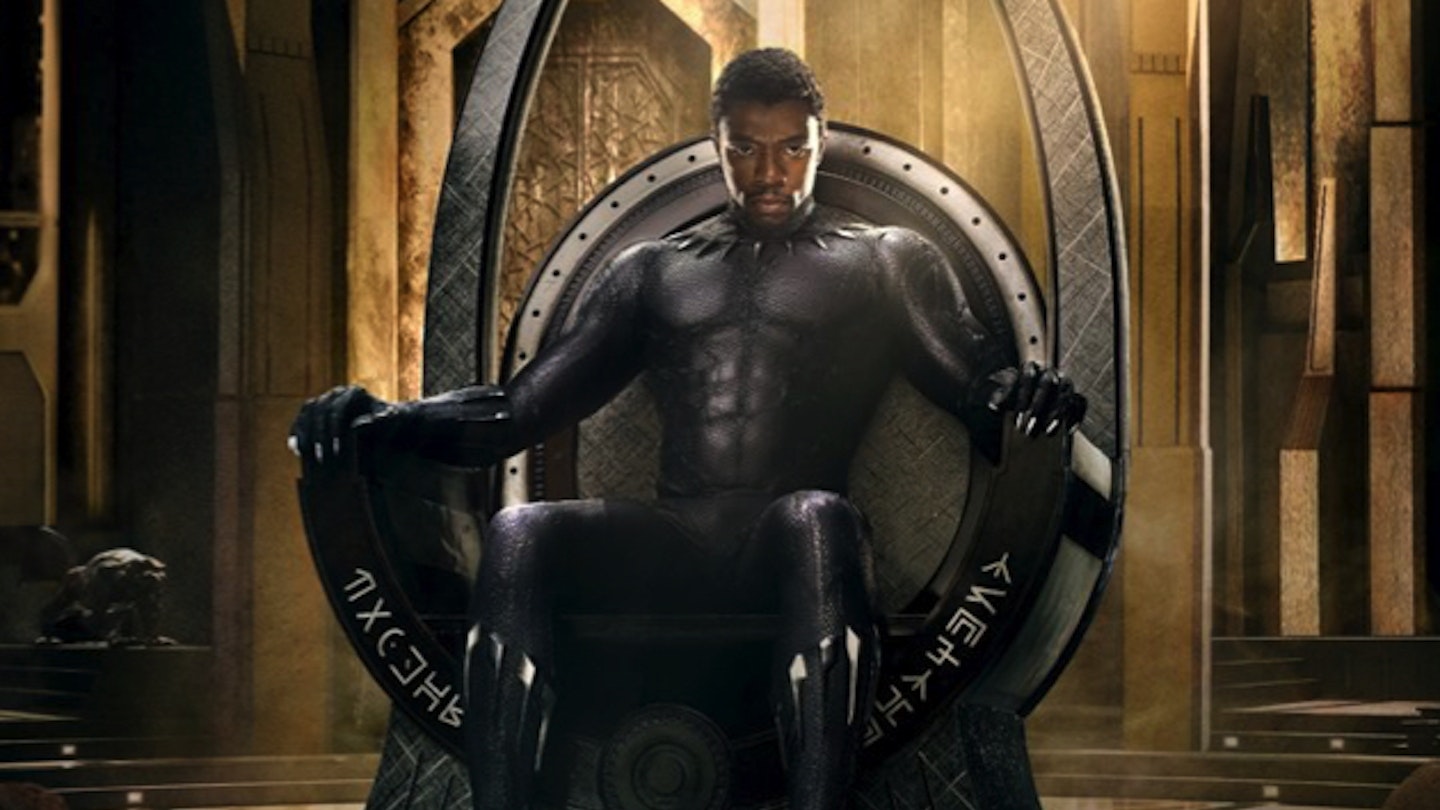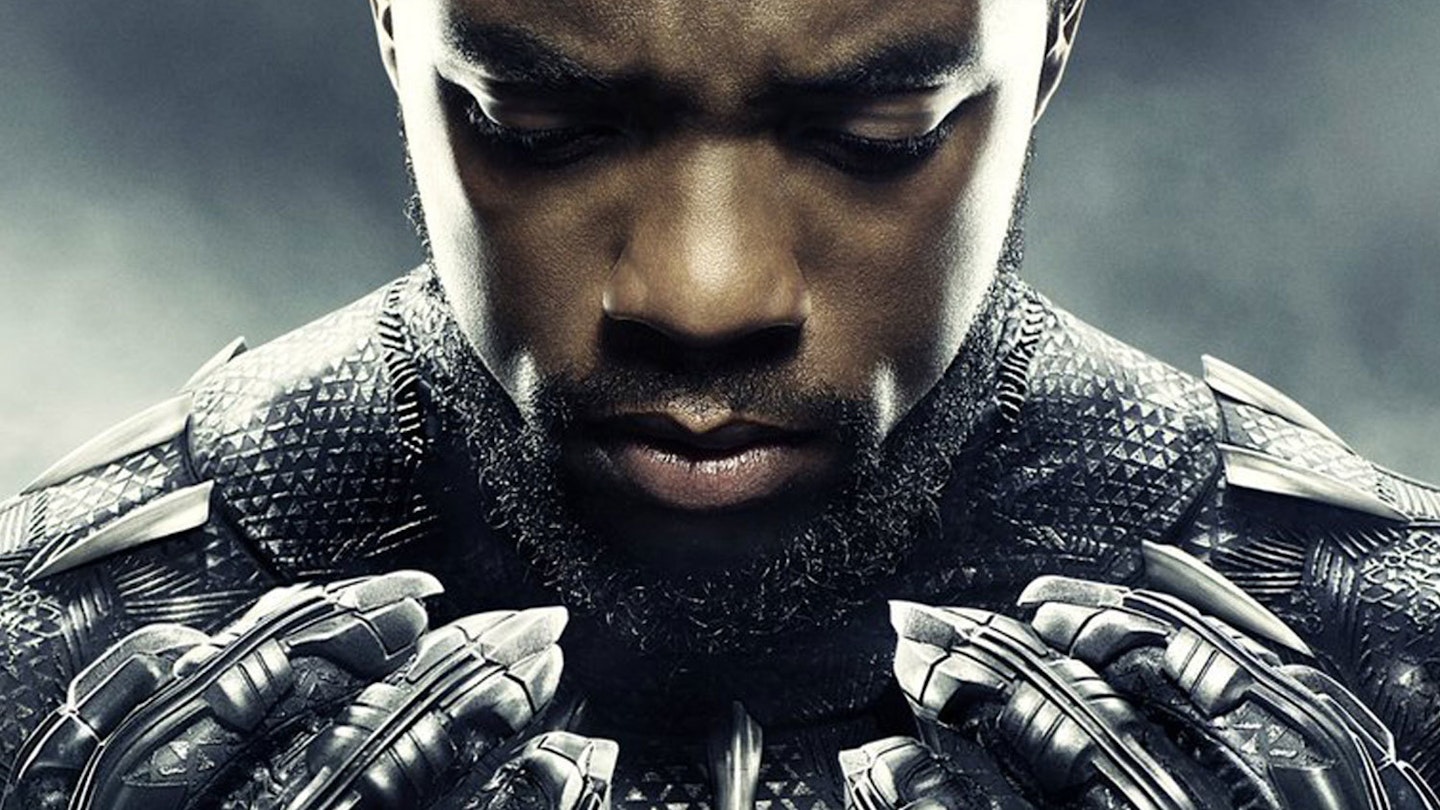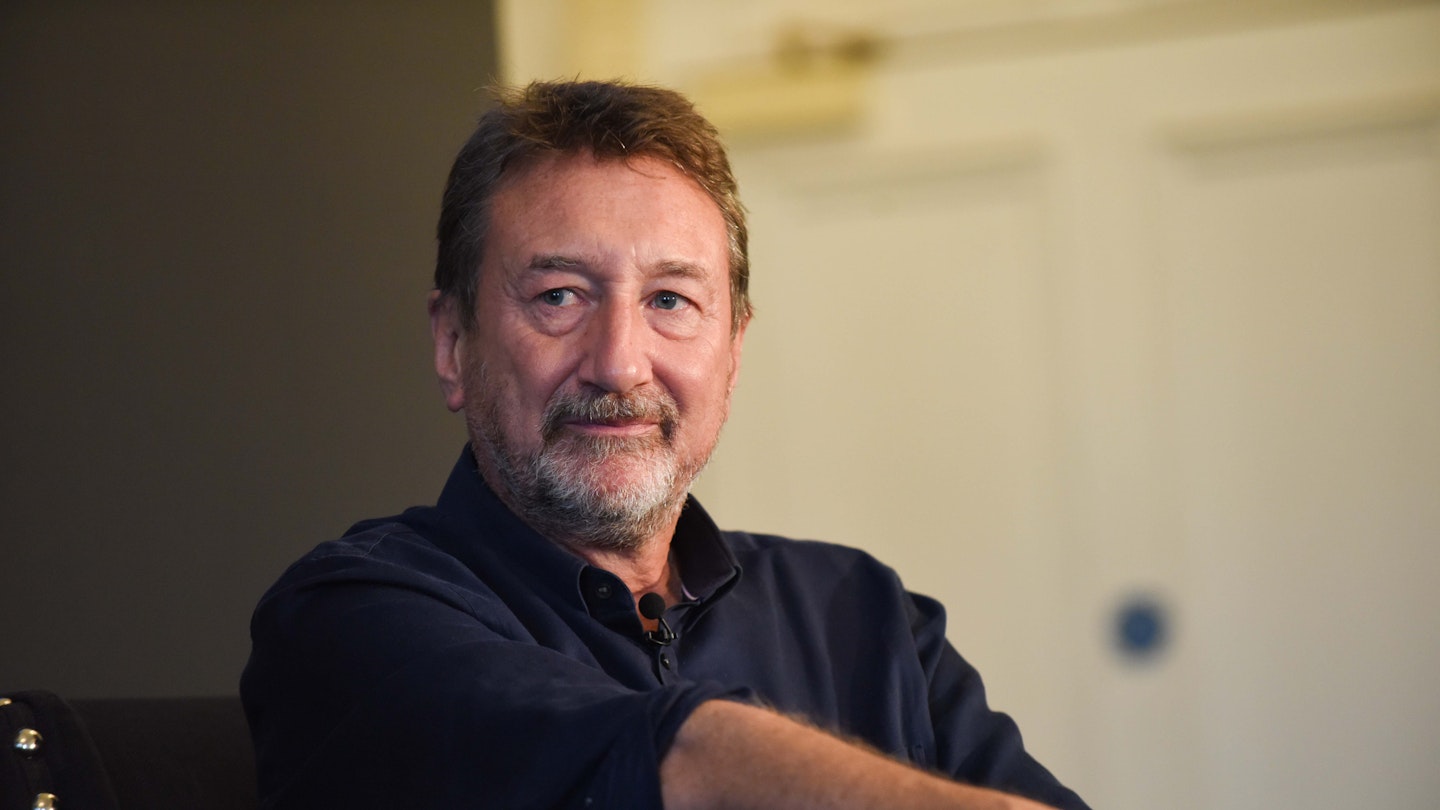A Russian secret agent. A dehumanising training regime. A background in ballet. It’s no wonder that when Red Sparrow was announced, Marvel fans thought they were getting their much-wished-for Black Widow movie in everything but name. But Francis Lawrence’s steely thriller, based on the first of Jason Matthews’ trilogy of novels, shares more DNA with John Le Carré’s densely-plotted espionage page-turners than the MCU.
For his first film since directing the final three Hunger Games instalments, Lawrence has once again recruited Jennifer Lawrence (no relation) to play a young woman forced into a life of violence by society. This time she’s Dominika, a fast-rising ballerina whose career is cut brutally short in a beautifully-shot opening sequence that juxtaposes her final stage performance against the careful dance between CIA Agent Nate Nash (Edgerton) and his secret informant. It’s a confident opener, deftly setting up both strands of the dual narrative before they inevitably become tangled. Faced with few options to keep a roof over her mother’s head, Dominika is pushed by her domineering uncle Ivan (Matthias Schoenaerts in decidedly Putin-esque prosthetics) into becoming an operative for the Russian government. She’s dispatched to Sparrow School to join an elite group of agents taught who use their sexuality to lure in unsuspecting targets, before receiving her first mission: uncover Nash’s mole.
Red Sparrow becomes easier to enjoy the less you try to untangle its more disturbing plot points.
Viewers expecting a playful and action-packed thriller, be warned: Red Sparrow is surprisingly hard-edged, with uncompromising and unflinching depictions of torture and sexual violence. Its sexual politics are complex and knotty, with several scenes destined to cause controversy. Dominika’s body is commoditised by the state and she’s expected to surrender and weaponise it for the cause, leading to some moments of shockingly stark nudity and brutality. The film constantly teases Dominika’s shifting loyalties: has her training destroyed her free will and sexual agency, or given her the tools to remain in control of her actions and her body in a vicious patriarchal world? Some will be satisfied by the conclusion to Red Sparrow’s challenging subject matter, but those tired of rape and torture tropes may not be willing to stick around for it.
Along the way, Red Sparrow packs in a tightly-woven plot as Dominika makes careful contact with Nash on her mission. Lawrence, the director, conjures compelling evidence for Dominika’s dual allegiances — her growing relationship with the American agent feels convincing, but the punishingly brutal regime of Charlotte Rampling’s stern matron throws doubt into the mix as Lawrence, the actor, is put through the wringer. Even behind a distracting wig and hammy Russian-inflected accent, she’s fierce and committed in the lead role, while the dependably excellent Edgerton just about elevates the vanilla role of Nash into something more intriguing.

For all that it’s not an action film, Red Sparrow still manages to raise the pulse when it needs to. A taut and tense floppy disk exchange in a hotel room is a particular highlight, buoyed by a hugely enjoyable performance by Mary-Louise Parker in the minor role of a rogue US Senator. Later there’s a disturbing and stomach-churning new purpose for a skin-grafting machine, while the final moments deliver a smart conclusion that never feels the need to tip over into unnecessary action beats.
In a Hollywood landscape where glossy, mature thrillers are an increasing rarity, Red Sparrow doesn’t condescend to the audience, to the point that it becomes easier to enjoy the less you try to untangle its more disturbing plot points. On this evidence the Lawrences remain a strong pairing away from the YA genre — let’s just hope that they don’t split the final novel if they adapt the rest of Matthews’ trilogy.

